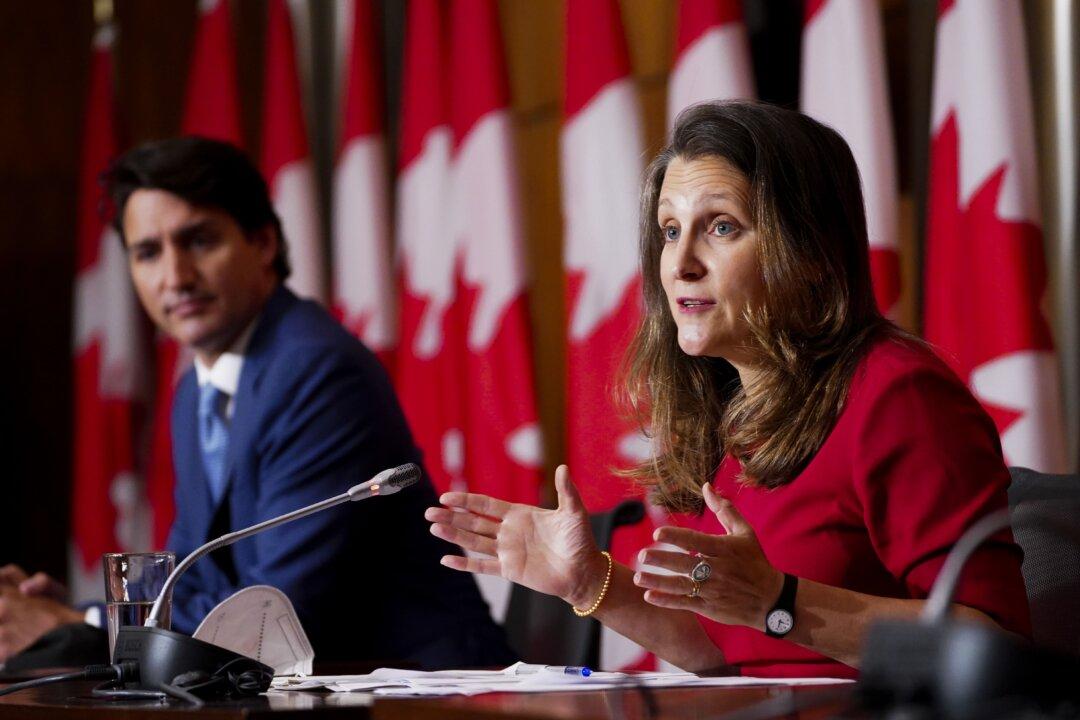The mandate that requires federal employees from core public services to be fully vaccinated against COVID-19 has constitutional issues that implicate the Canadian Charter of Rights and Freedoms, an Ontario lawyer says.
“There are several sections of the Charter of Rights that are implicated by mandating vaccines, generally speaking,” said Ryan O’Connor, a Toronto-based litigator who specializes in areas such as employment and appeals and also advises clients on matters involving federal and provincial legislation.





